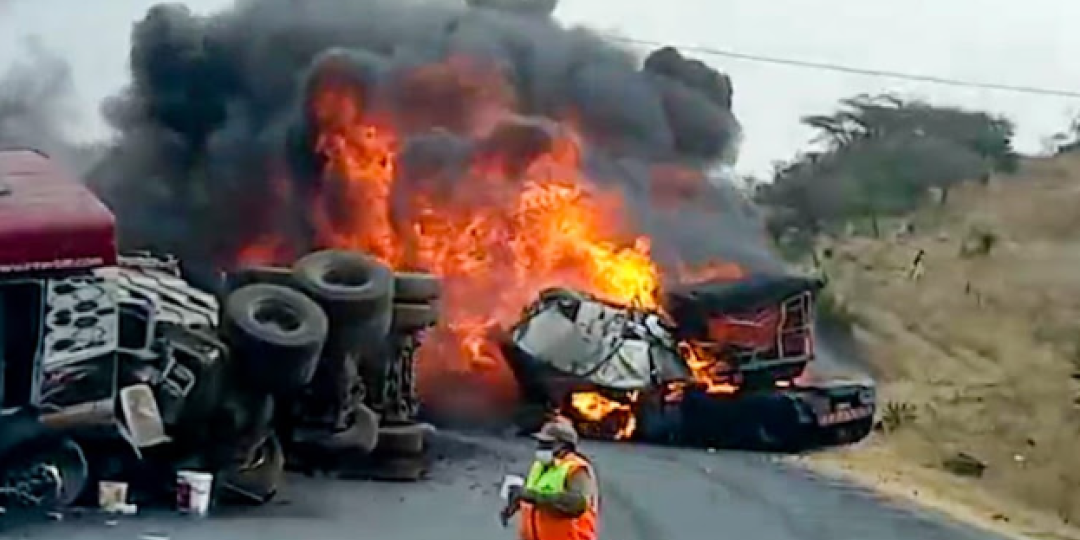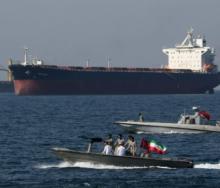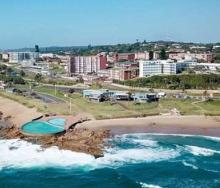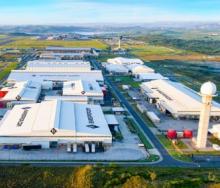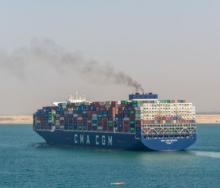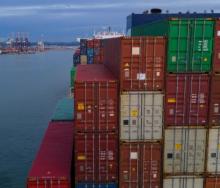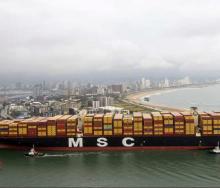Protest action which brought truck traffic to a standstill on the R34 and R66 between Melmoth and Nkwalini in Zululand recently is becoming more common and could herald the demise of road freight in some areas.
This is the caution of the chief executive officer of the Road Freight Association (RFA), Gavin Kelly, who was responding to an upsurge in protest action affecting road freight, which appears to be targeted.
“Various disruptions to road freight operations have started to occur in the Mpumalanga and KwaZulu-Natal provinces. These protests are generally categorised as 'service delivery' or 'unhappiness with local administration and political alliances'. As we move towards the ANC elective conference in December, there has been a vast increase in protests/gatherings/communications relating to this event and matters relating to the future of politics in the country.
“Some of these have spilled over into open confrontation between the various factions – and this has resulted in civil and general unrest which has targeted the road freight logistics industry.
“Scenes are becoming more common every day, where trucks are prevented from passing through certain areas, are hijacked, pulled across roads, looted and become the targets of arsonists. While the RFA is not privy to each and every reason behind these protests/scenes of unrest, nor who the organisers are and what the desired objectives are of these protests, the reality is that the road freight sector is being systematically prevented from operating - and in this process, being destroyed,” Kelly said.
He added that there were various scenes across the country where – due to huge demand for commodities or goods – the number of trucks on certain routes had increased exponentially. While the demand for South African goods from the rest of the world is good news, the inability of all the country’s transport modes (especially rail) to play a meaningful part in the greater logistics chain, is exceptionally bad news.
“Our roads and road freight sector cannot keep going at the current rate – especially where large numbers of non-compliant players are entering the market without any consideration for what the effects will be.
“Some communities have started to rebel against the volumes of trucks passing through their towns and communities. Instances of horrendous crashes claiming the lives of many of our brothers and sisters dominate headlines.
“To begin to find a solution, the root causes for the current status quo need to be clearly identified, and then dealt with. Speculation of corruption, graft, self-enrichment and any other forms of reluctance to apply rules must be properly investigated, and then stopped. Where companies have chosen not to abide by the raft of various rules, laws and labour requirements relating to how businesses are operated in a safe and responsible manner – these companies must be dealt with. Not ignored. Compliant companies are struggling to survive in an economy where non-compliance pays.”
A number of routes are now becoming “no-go zones” for trucks, says Kelly. “Many of these trucks have nothing to do with any of the bad incidents that have occurred, the inability of rail to play its part, the corruption and extortion that exists along our roads, or the decision to convey a certain commodity,” he added.
In another truck incident in Paulpietersburg this week, multiple trucks blocked the road near the Dumbe Dam after a collision that left the road closed. Looters had descended on the scene, with the idle vehicles stranded in the resultant queue of vehicles, Freight News was informed.
A glimmer of good news on the day was that the N2 in Pongola was opened to all traffic again, after being closed on and off for some time due to an accident which had forced much heavy traffic carrying coal on to alternative routes, overwhelming the capacity of the routes. The closure had a major negative impact on the Port of Richards Bay and its access and egress, which had turned the port town into a “coal mine”, with trucks, illegal dumps and air filled with coal dust. The ill-suited alternative routes were significantly damaged by the increased capacity.
